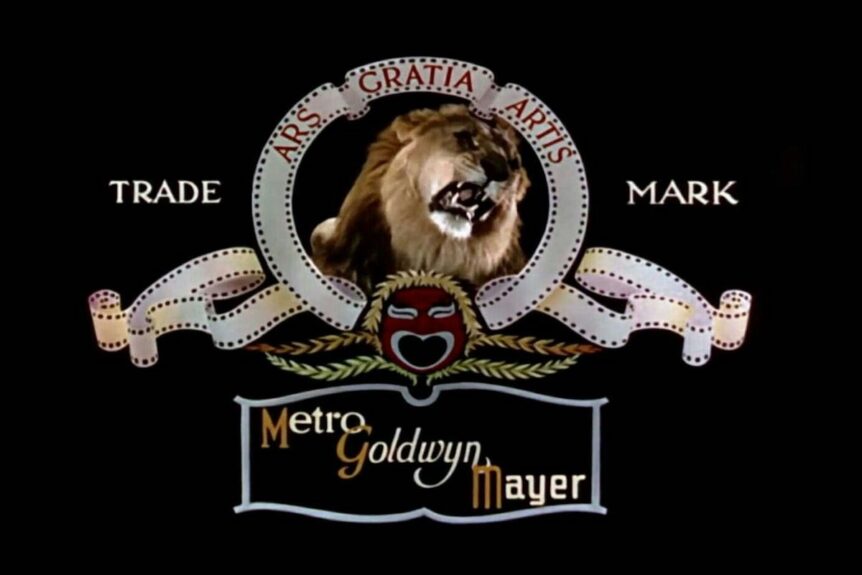District court denies MGM’s motion to dismiss claims by Starz Entertainment, holding that copyright claims are not time barred, since Petrella v. Metro-Goldwyn-Mayer did not alter application of discovery rule under Ninth Circuit precedent.
Plaintiff Starz Entertainment LLC sued MGM Domestic Television Distribution LLC, alleging copyright infringement, breach of contract, and breach of the covenant of good faith and fair dealing, based on MGM’s alleged violation of two licensing agreements under which Starz had the exclusive right to exhibit hundreds of MGM movies and television episodes. Starz and MGM entered into the first library licensing agreement for the exclusive right to exhibit 421 movies and television episodes on July 26, 2013, and signed a subsequent licensing agreement on May 7, 2015, covering an additional 540 titles. Under these two agreements, the parties negotiated specific license periods for each title covered by the agreements, anywhere from a few months to a few years, and starting as early as 2013 and ending as late as 2023.
Breach of Exclusivity
In August 2019, a Starz employee discovered that the film Bill and Ted’s Excellent Adventure was available for streaming on Amazon, despite being subject to the exclusive license at the time. After discovering additional titles covered under exclusivity being improperly licensed to third parties, Starz sued. In total, the complaint identified 340 titles for which MGM allegedly breached its exclusivity agreement, beginning in as early as 2015.
MGM moved to dismiss, arguing that infringement claims based on 126 of the 340 titles were time barred because the license periods expired more than three years prior to the filing of the complaint. MGM also argued hat because Petrella v. Metro-Goldwyn-Mayer, Inc. barred damages for copyright infringements that occurred more than three years prior to the filing of the complaint, Starz had no remedy for those 126 alleged infringements. Starz countered that its claims were saved by the discovery rule because it did not discover the infringements until August 2019.
Discovery Rule
The district court held that because Petrella had explicitly declined to pass on the question of the continued applicability of the discovery rule, the best reading of the case is that it did not alter Ninth Circuit precedent, but rather reaffirmed the general bar to recovery of damages for infringements outside the three-year period, while letting stand the Ninth Circuit’s discovery rule exception.
The court reasoned that a strict damages bar, as urged by MGM, would eviscerate the discovery rule—if plaintiffs could not recover for infringements that occurred more than three years before the lawsuit commenced, even if they were not aware of the infringements, the discovery rule would serve no practical purpose. There is no reason to force such a “doctrinal tension,” however, because the Ninth Circuit requires a “more harmonious solution”—namely, that there is a three-year damages bar except when plaintiff reasonably was not aware of the infringements at the time they occurred.
Applying this rule, the court found no facts alleged that would give Starz reason to suspect that MGM had breached its exclusivity obligations prior to Starz discovery in August 2019. The court noted that the duty of diligence does not create a duty to continuously monitor a licensor’s compliance with its obligations, absent any reason to otherwise suspect a breach, as “the law does not inject such paranoia into the licensor-licensee relationship.”
Timeliness
The court rejected MGM’s argument that the alleged breaches were so “open and notorious” because they occurred on popular streaming platforms available to the general public, that Starz reasonably should have discovered the infringements. Starz had nearly 1,000 individual license periods with MGM alone, each starting and ending at different times, so it could not be assumed that Starz would have been able to perceive not only when one of its hundreds of licensed titles was available on a competitor’s platform, but also that it was available during that individual title’s narrow license period. Accordingly, the court held that based on the allegations in the complaint, Starz could not be charged with knowledge of MGM’s infringements prior to August 2019, and denied MGM’s motion to dismiss the copyright infringement claims.
MGM also sought to dismiss Starz’s contract claims relating to six of the titles as barred by California’s four-year statute of limitations. Noting California’s discovery rule, which “postpones accrual of a cause of action until the plaintiff discovers, or has reason to discover, the cause of action,” the court held that, for substantially the same reasons, Starz’s failure to discover MGM’s breaches until August 2019 was not facially unreasonable. Breaches of some of nearly 1,000 individual exclusivity windows would be difficult to detect, MGM was in a far superior position than was Starz to know about its own license agreements with third parties, and MGM had no reason to believe that Starz would immediately discover a breach. Therefore, Starz’s contract claims were not time barred.

